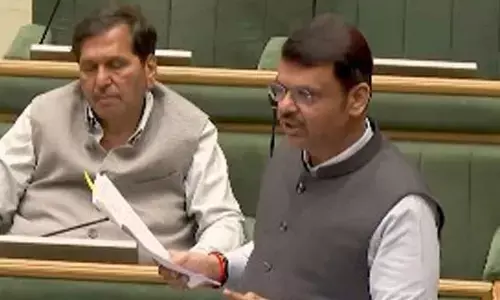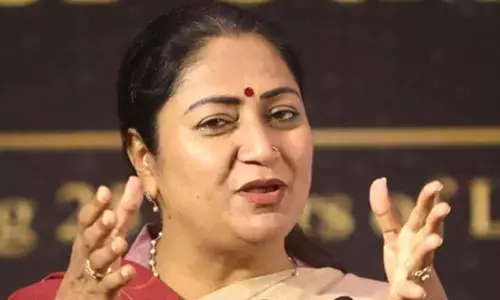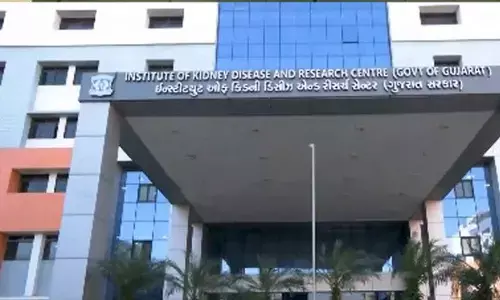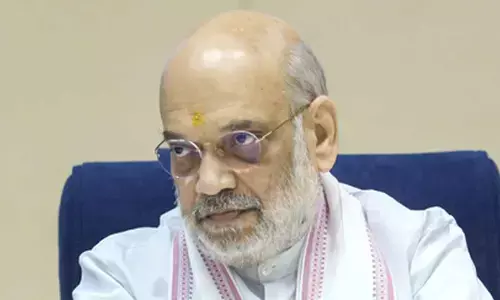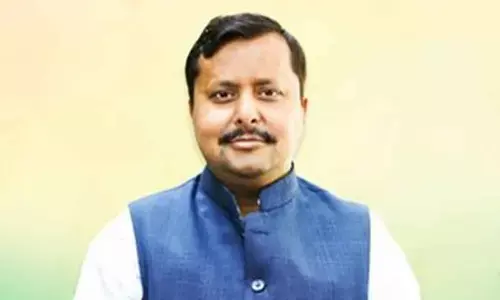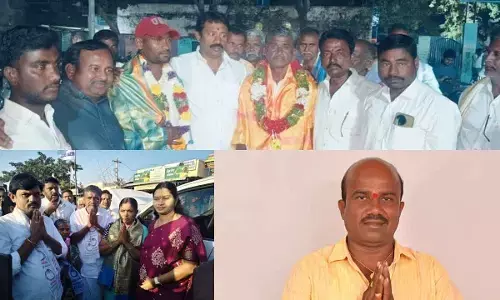Tamil Nadu Student Commits Suicide, Purportedly Due To A Dread Of Failing The NEET Exam
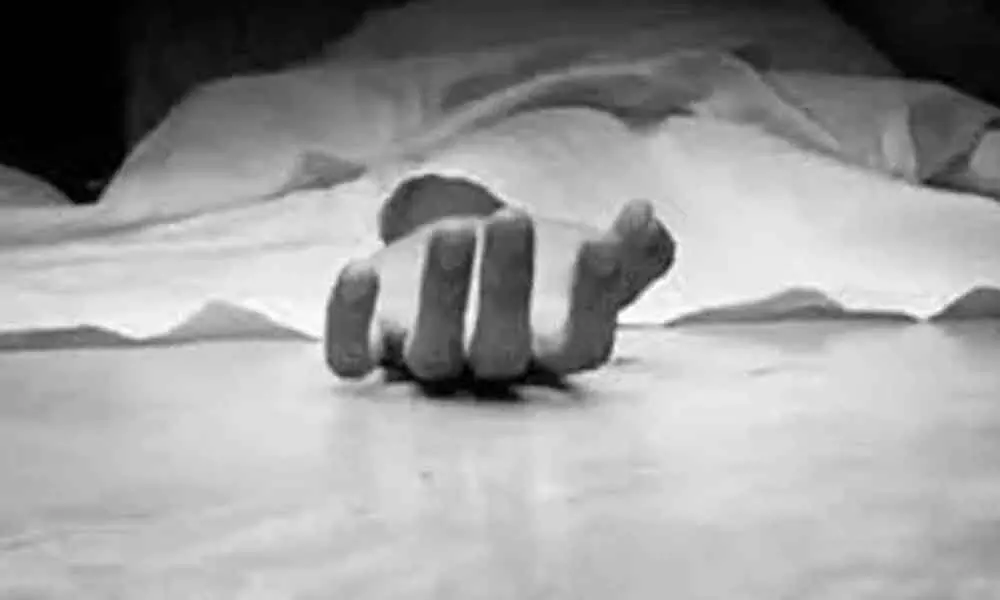
For representational purpose
- The suicide of an 18-year-old female student in Tamil Nadu's Ariyalur district on Monday
- The girl student was discovered dead in her home in Sathampadi village on Monday evening, according to police.
The suicide of an 18-year-old female student in Tamil Nadu's Ariyalur district on Monday, a day after she took the National Eligibility cum Entrance Test (NEET), has stoked political tensions in the southern state, which passed a law earlier that day exempting students in the state from the national test, calling it discriminatory in the wake of another aspirant's suicide in Salem.
The girl student was discovered dead in her home in Sathampadi village on Monday evening, according to police. Even though she was a talented student, her family reported she found the exam paper difficult.
A police officer in Ariyalur, who did not want to be identified that they are looking into the circumstances surrounding her death.
The boy attended a private school in Namakkal district and received a score of 562 out of 600 on the state board's class 12 examination. Her father was a member of the Tamil Nadu Bar Council and a lawyer in Ariyalur's Jayankondam court. A case of unnatural death has been filed with the police under Section 174 of the Indian Penal Code (IPC).
Former AIADMK chief minister and opposition leader Edappadi Palaniswami accused the ruling Dravida Munnetra Kazhagam (DMK) of playing politics over the matter on Tuesday, saying the party should stop seeing kids die by suicide out of fear.
The Tamil Nadu assembly passed the Tamil Nadu Admission to Undergraduate Medical Degree Courses Act 2021 on Monday, with the goal of permanently exempting medical aspirants in the state from the NEET, a national entrance exam for admission to various undergraduate medical courses in institutions across the country. NEET, according to the ruling party, is discriminating, putting poor and rural children at a disadvantage compared to their more fortunate peers who can attend pricey coaching classes.
The law, which intends to make class 12 board exam scores a qualifying criterion for admission to medical school in the state, requires the President's approval. A similar Bill enacted overwhelmingly by the previous AIADMK government in 2017 failed to receive the President's approval.
Inside the assembly on Monday, AIADMK leaders wore black badges to protest the death of the Salem student, accusing the DMK of failing to abolish NEET in the state on time, as promised in its election manifesto. Except for the Bharatiya Janata Party (BJP), the AIADMK and its allies supported the DMK's bill.
The new Bill, according to TN health minister M Subramanian, differs from the one passed by the previous AIADMK government because it includes a report by the DMK-appointed justice A K Rajan committee, which concluded that the entrance exam favours the wealthy and spoke of more than 80,000 stakeholders who want NEET banned.
Before crafting the Bill, a committee of attorneys and state government secretaries engaged in several rounds of discussion and debate," the health minister stated.
Since the introduction of NEET in Tamil Nadu in 2017, more than a dozen kids, including top students in school board exams, have committed suicide as a result of their anxiety of failing the medical admission examination. Following S Anitha's suicide in 2017, the subject received a lot of attention. She, too, was from the Ariyalur district and had excelled in class 12 before failing the NEET examination.
According to a legal expert, the state does not have the authority to seek legislative law exception. K Chandru, a former justice of the Madras high court, remarked, That's why the President returned the Bill in 2017.
NEET became required in August 2016 as a result of a Supreme Court order. However, the Supreme Court decided to offer a one-year amnesty to many states that argued students needed more time to prepare and requested that the exam be held in the 2017-18 academic year rather than the 2016-17 academic year. Later, the Indian Medical Council (Amendment) Bill, 2016, which is now law, added a new provision 10D to the Act, requiring all medical educational institutions to conduct uniform admission examinations at the undergraduate and post-graduate levels.
The conduct of the NEET test is a parliamentary law that has been upheld by the Supreme Court and is followed by all states. The DMK administration claimed that, despite the fact that the previous Bill was rejected, the new bill has statistics that support their anti-NEET thesis. That's why they waited till the exam was finished to avoid any confusion among students. Justice (retired) Chandru Said stated that the battle will continue for the next year.The DMK government will not be able to force the President to return the Bill if he does so again.
Students were perplexed by the DMK's election promise to abolish NEET, according to the state BJP. K Annamalai, the BJP's state head, said the DMK needed to own up to its mistake and that NEET will happen regardless of whether the bill was enacted in the assembly. Annamalai said that the Supreme Court has already looked into this three times.
In terms of NEET, he said that we are one of India's top performers. We need to see how many government school students who received coaching at government tuition centres passed, as well as how many students placed in the top 10 and 100 .
Next Story








